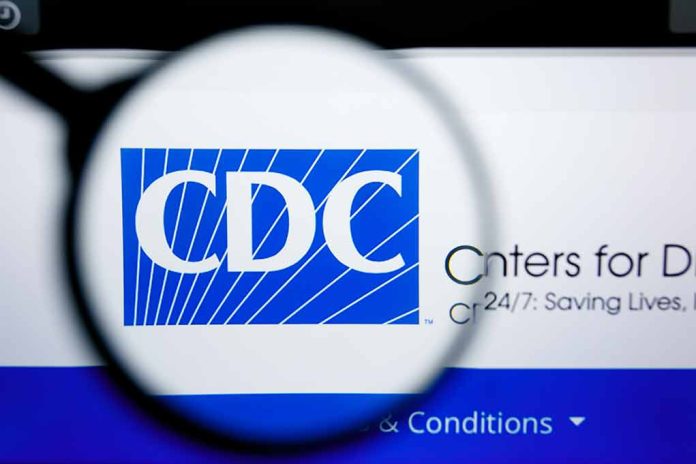
A more lethal strain of mpox, known as clade 1b, has spread beyond the Democratic Republic of Congo (DRC) in Africa, raising concerns among health officials worldwide. This strain causes symptoms such as fevers, headaches, muscle aches, and painful skin boils, spreading through close skin-to-skin contact. The Centers for Disease Control and Prevention (CDC) revealed this week that it was preparing to issue updated health notifications to US clinicians regarding the mpox outbreak.
Symptoms and Transmission
Mpox symptoms typically appear within 5 to 21 days after exposure. The illness begins with flu-like symptoms, including fever, headache, muscle aches, and fatigue. Shortly after, a distinctive rash develops, often starting on the face and spreading to other parts of the body. The rash progresses through several stages before scabbing over and falling off.
The CDC raised concerns about the latest strain back in May, suggesting it could pose a significant threat worldwide if not contained.
Increased Mortality Rate
The clade 1b strain of mpox has a higher mortality rate, almost 4%, compared to the 2022 subtype, clade 2b, which had a mortality rate of less than 1%. This increased lethality is particularly concerning for vulnerable populations, especially children.
“Infants and children under five years of age are at highest risk of severe disease and death,” The World Health Organization reported.
The DRC has experienced over 12,000 cases with at least 470 deaths from mpox, with 62% of these deaths occurring in children. Neighboring countries to the DRC, including Kenya and the Central African Republic, have reported cases linked to the strain circulating in the DRC.
Global Health Emergency Considerations
The World Health Organization (WHO) is considering declaring the latest mpox outbreak a global public health emergency. This decision reflects the seriousness of the situation and the potential for widespread transmission.
“I am considering convening an International Health Regulations Emergency Committee to advise me on whether the outbreak of mpox should be declared a public health emergency of international concern (PHEIC),” Dr. Tedros Adhanom Ghebreyesus, WHO Director-General said in a social media post.
The potential declaration of a global health emergency would mobilize resources and increase international cooperation to combat the spread of mpox.
Sources
- CDC, WHO mull stronger mpox warnings
- https://www.forbes.com/sites/tylerroush/2024/05/16/more-lethal-mpox-strain-surges-in-congo-heres-why-the-cdc-warns-of-a-global-threat/

















